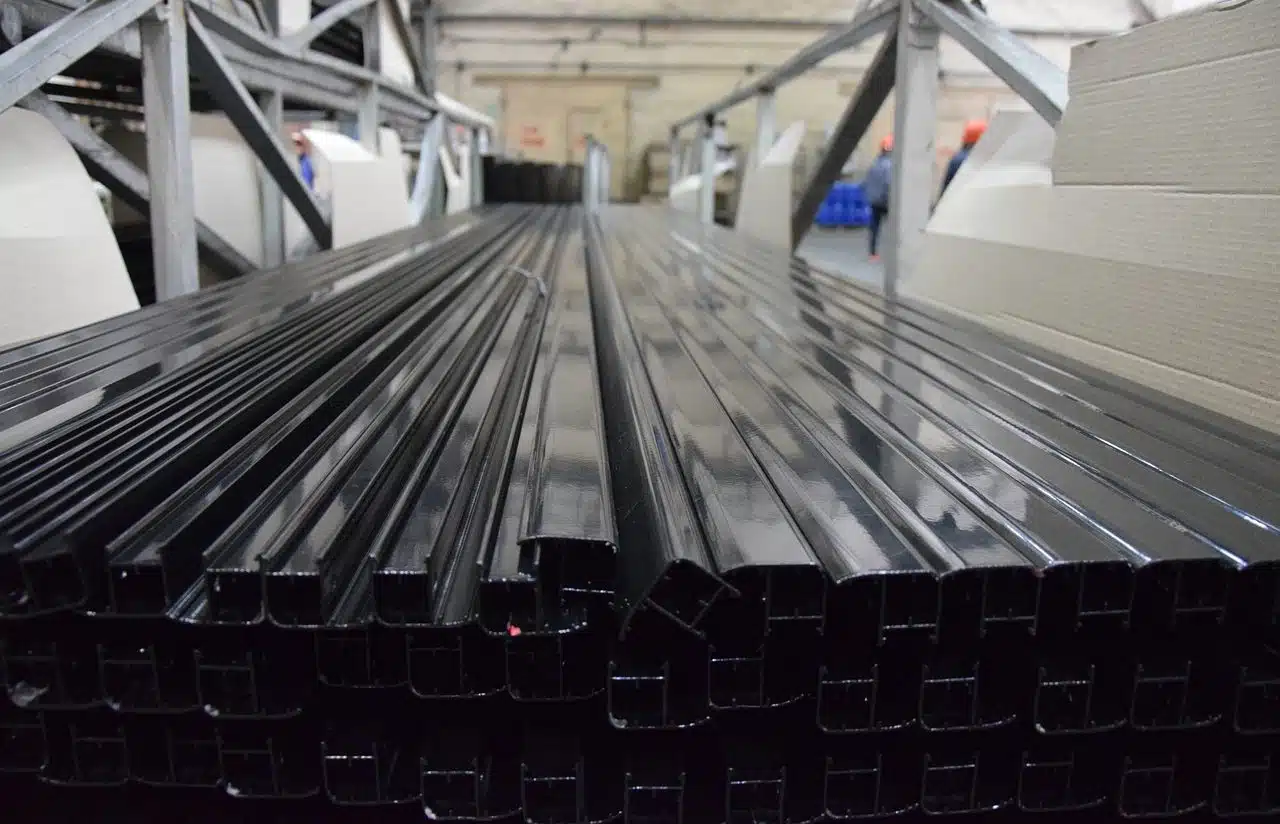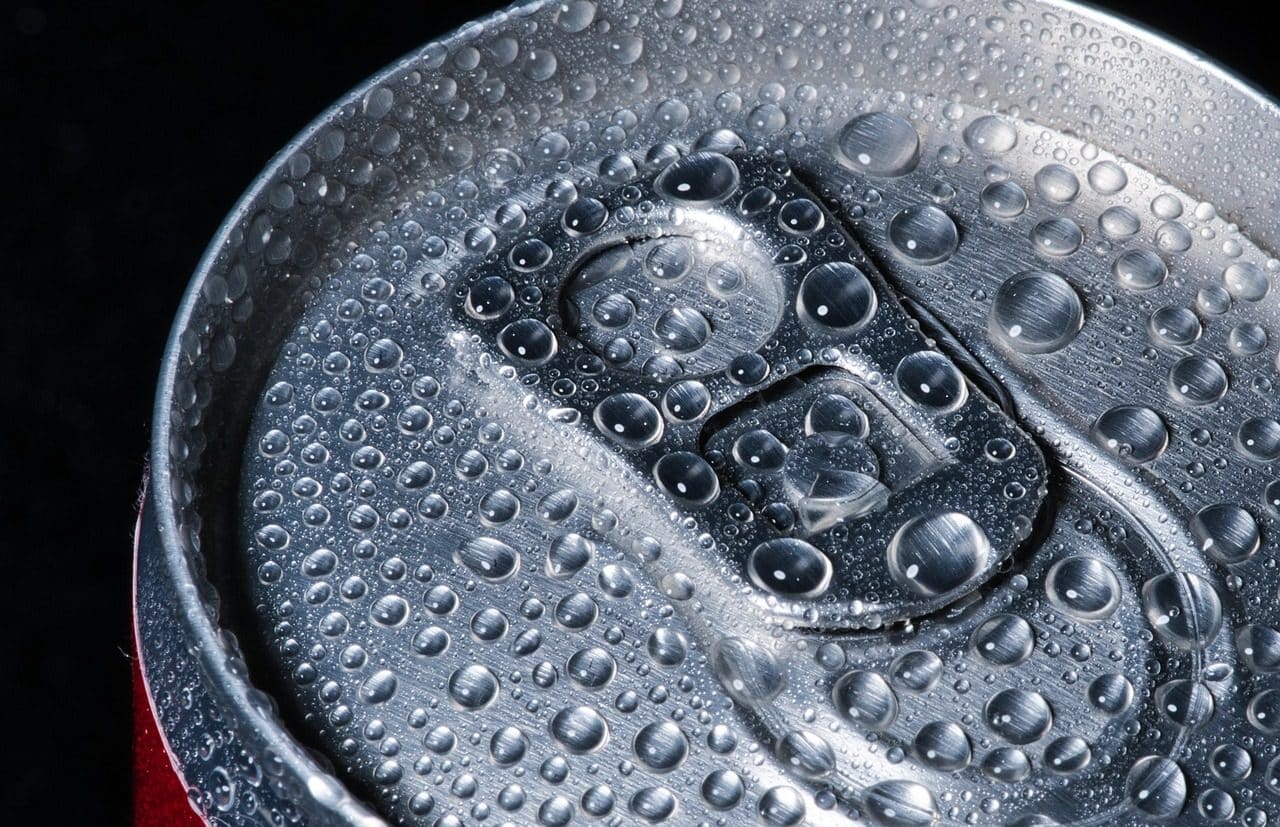
Aluminum is a metal with multiple uses.
Aluminum is the substance that has 13 as its atomic number . The concept has its etymological origin in the Latin word alumen , which led to aluminum in the English language and from there it reached the Spanish language.
This chemical element is a metal that is present in large quantities on our planet. Its components are found in animals, plants and stones, for example.
Aluminum, whose symbol is Al , is used in numerous sectors of industry thanks to its properties . Its toughness, malleability and ductility make it a highly appreciated material for the manufacture of various types of products. Its appearance, which resembles silver , also allows you to create decorative elements or coatings.
Properties of aluminum
Among the most appreciated properties of aluminum, its ability to conduct electric current and its strength to resist wear stand out. On the other hand, it is an economical material compared to other metals.
It is possible to find aluminum in countless products that we use in our daily lives. There are tables and chairs that are made with this material , as well as kitchen utensils, construction profiles, a type of paper, key rings, hooks known as clips and many other items.
Aluminum manages to be an appropriate material for such dissimilar products thanks to the different treatments it receives and the various alloys to which it is subjected. In this sense, the most common aluminum alloys are made with copper, silicon, magnesium and zinc.

Numerous products are manufactured with aluminum.
Recyclable material
It should be noted that aluminum is a recyclable material , which can be recovered without changes in its properties. What is done is to remelt the aluminum or its waste to once again obtain a metal that can be used for multiple uses.
This material is among those that provide the most benefits to those who recycle it, since its characteristics make it especially profitable and it is known that it will continue to be used for a long time before humanity can or wants to replace it. Of course, economic interests are only one side of the coin: the fact that aluminum does so well with recycling makes those people who care about the environment happy, since its use reduces the abuse of natural resources .
Aluminum has many properties that make it irresistible for more than one industry; In addition to its already mentioned ability to retain its qualities once recycled, it stands out for:
- Its large percentage of energy : it contains 15 kWh for every kilogram.
- Its value as waste : this represents an important incentive for the economy.
- Its lightness : at the same volume, it weighs about a third of steel and copper.
- Its resistance to corrosion : which makes aluminum an ideal material for the construction of products that are exposed to excessive or indelicate use.
- Its durability : related to the previous point.
- Its ability to conduct heat and electricity : a complementary facet to its resistance , which considerably expands its field of application.
- Not being toxic or magnetic : which avoids certain problems and restrictions on the use of products.
- Effectively reflect light : This makes it ideal for interior lighting systems.
- Be odorless and waterproof : it does not require many precautions to maintain it.
All this explains why aluminum is so widely used in various sectors, such as electricity and communication (where it has slowly replaced copper since the 1950s for the manufacture of high-voltage transmission lines), transportation (its presence in automobile industry is growing), building and construction (for door and window structures, as well as for roofs of surfaces as large as a stadium).
